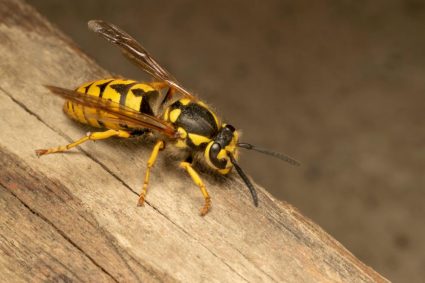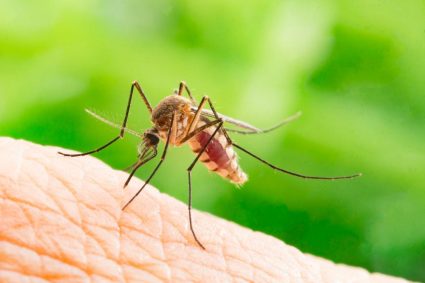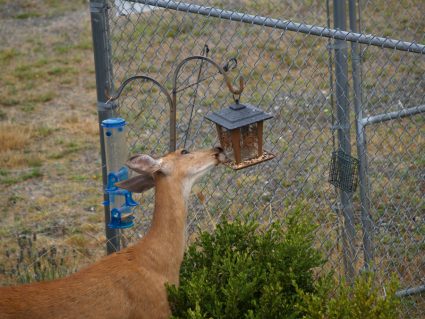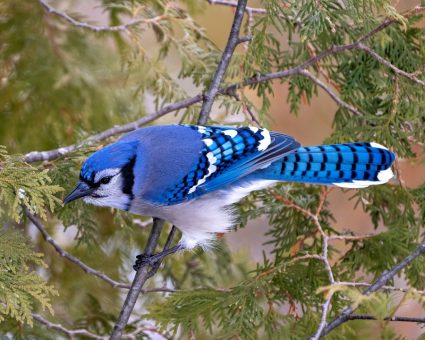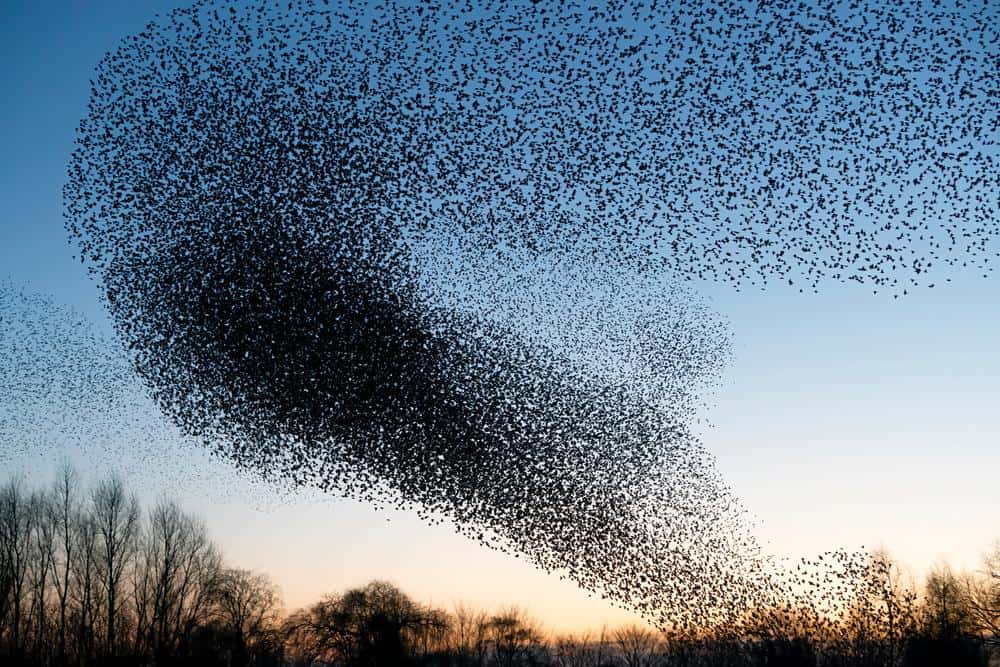
Birds have been gracing us with their melodious tunes for centuries. But have you ever wondered why some birds sing at night? This phenomenon has been a source of fascination and curiosity, often spurring questions about the reasons behind this nocturnal behavior.
Birds sing at night for various reasons such as attracting mates, defending their territories, communicating with each other, and adapting to environmental factors like light pollution and urban noise. Some species like the Eastern Whip-poor-will, Yellow-breasted Chat, and Northern Mockingbird are notable for their nocturnal singing habits. The frequency of nocturnal singing can be influenced by the season, with some birds like robins singing more during winter.
Reasons Birds Sing at Night
Birds sing at night for various reasons, including:
- Attracting mates: Male birds often sing at night, especially during the breeding season, to attract female partners.
- Defending territories: Birds use songs to mark their territories and warn off potential intruders.
- Communication: Birds may communicate with each other at night to share information about food sources, dangers, or other important matters.
- Light pollution: Artificial light from streetlights and buildings can disrupt birds’ internal clocks, causing them to sing at unusual hours.
- Less competition: Nighttime offers fewer ambient noises and less vocal competition from other birds, making it easier for their songs to be heard.
- Practicing songs: Some birds use the cover of darkness to practice and perfect their singing skills.
Notable Nocturnal Singers
Several bird species are known for their nocturnal singing habits. Some of these species include the Eastern Whip-poor-will, Yellow-breasted Chat, Barred Owl, Common Loon, Eastern Screech-Owl, Upland Sandpiper, and Northern Mockingbird.
Seasonal Influence on Nocturnal Singing
Yes, the season or time of the year can affect the frequency of birds singing at night. Birds’ singing patterns are influenced by various factors, including light, temperature, and breeding season. In winter, birds like robins have been reported to sing at night, even in pitch-black conditions.
Environmental Factors and Nocturnal Bird Song
Environmental factors such as light pollution and urban noise can significantly influence nocturnal bird song. Light pollution, caused by artificial night lighting, has been found to advance the seasonal occurrence of singing in some songbird species. In noisy urban environments, some birds have been observed to sing louder, longer, or at a higher pitch to be heard above the noise.
Nocturnal Singing Vs Daytime Singing
Nocturnal singing in birds serves different purposes compared to daytime singing. Birds sing at night for various reasons, such as attracting mates, warning of dangers, or to communicate during migration. In contrast, daytime singing is mainly associated with defending territory and raising chicks.
Common Misconceptions About Birds Singing at Night
Some common myths or misconceptions about birds singing at night include the belief that light pollution is the main reason for birds singing at night, that birds singing at night are afraid of light, and that only male birds sing.
The Impact of Nocturnal Singing on Birds
Nocturnal singing in birds can be influenced by factors such as artificial night lighting and urban noise. Singing at night can be energetically costly for birds, potentially affecting their overall health and mating opportunities.
Implications for Bird Populations
Night singing in birds can have both positive and negative implications for mating and survival. Artificial night lighting can alter breeding behavior and survivorship, while also facilitating secret sexual liaisons in some species. The overall impact of night singing on bird populations is complex and depends on the species and environmental factors involved.
In conclusion, birds sing at night for a variety of reasons, from attracting mates and defending territories to adapting to environmental factors like light pollution and urban noise. Understanding these reasons can help us appreciate the fascinating world of birds and the complex behaviors they exhibit.
Frequently Asked Questions
What are some other bird species known for their nocturnal singing habits?
In addition to the species mentioned in the article, other birds known for their nocturnal singing include the Black-crowned Night-Heron, the American Woodcock, and the Great Horned Owl.
How does the artificial light affect birds’ internal clocks?
Artificial light can trick birds into thinking it’s daylight, leading them to sing at unconventional hours. This disruption of their internal clocks can also affect other behaviors like feeding and breeding.
Can all birds sing?
No, not all birds can sing. Generally, it’s the songbirds (passerines) that are known for their singing abilities. Other bird species may produce calls or other vocalizations, but these are not considered songs.
Is there a specific time at night when birds are most likely to sing?
Many birds sing most actively during the hours of dawn and dusk, which are known as the “crepuscular” hours. However, the specific timing can vary depending on the species and environmental factors.
Does the weather influence birds’ singing at night?
Yes, weather conditions can influence bird song. For instance, warmer temperatures can increase the frequency of bird song, while rainy or windy conditions may suppress it.

